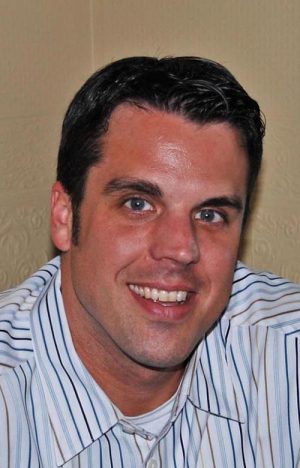
How early is too early to talk to your kids about drugs?
If you’re like me, you are scared to death of the future when it comes to this topic. This is particularly troubling for us as both our kids were adopted and born to opiate-addicted birth mothers. They were both have addiction in their background and they will need to be aware of this moving forward in life when it comes to making the right decisions.
I know a little bit about that, as my father was an addict. I understand that I have an addictive personality. I believe for the most part I have funneled my tendencies into the positives life has to offer, but I am fully aware of my addictive tendencies toward many aspects of life including work and alcohol.
The only way we really know how to address these addiction concerns with our kids is to be open about their background and continue to preach about the dangers of drugs whenever the opportunities present themselves.
That’s why we were excited for the D.A.R.E. (Drug Abuse Resistance Education) program at Beckett’s school, Worcester Prep, and we knew it would be of special interest to him. He came home every night for the last month filling us in on his sessions with Worcester County Sheriff’s Deputy Howard who led the program. It clearly impacted him and he can recite the D.A.R.E. decision making model – define, assess, respond and evaluate.
At the conclusion of the program, all the students were charged by their teachers with writing an essay about their D.A.R.E. program experience. Beckett was one of two students selected to read what they wrote before parents and classmates at the wrap-up ceremony on Monday. It came as a surprise to us, as we know there are many talented writers in his class. However, what may have been different about his essay was how much personal information was included.
As he was writing his essay, he told us of his plans to write about how he was born addicted to drugs and was in the hospital for withdrawal for days. He seemed to want to make sure if it would be appropriate in our opinion. He wasn’t asking permission, as that’s not really his style, but he did seem to want to know what our thoughts were about sharing his adoption story in this sort of fashion.
We told him he should write about it. He has struggled in the past with writing, especially when it involves creativity and not simply answering a reading comprehension question. I’ve always reminded him, especially at a young age, it’s best to write about topics that you know about. “Write what you know,” is what I tell him when he’s blocked on using his spelling words in sentences, for example.
I thought I would share some excerpts from the letter.
“I have learned so much from the D.A.R.E. program. I was adopted at birth by my parents. I was born addicted to drugs and went through serious withdrawal for months. D.A.R.E. let me understand more about my birth mother and what the drugs did to her. This will help me make much better choices. D.A.R.E is a really interesting program. I will try my best not to get into trouble when I grow up.
“When I get older, I plan to not drink alcohol or do drugs. I have the addictive gene from my birth mother. She was an alcoholic, smoked and did very heavy drugs. I know that I could become addicted a lot easier than someone without this history. I plan to not get into a position that I will regret later. I will have the right kind of friends and try my best to not get into trouble. I will not give into peer pressure and not do anything that will take a bad toll on my life. I will keep my body healthy and be a good citizen.”
I share this for two reasons. One, I’m exceptionally proud of my son. Ever since he was born, we have been honest with him about his life. We have been reading adoption stories to him as far back as I can remember because we are proud to be an adoptive family. It was an incredibly difficult journey with a lot of heartache, frustrations, expense and joy. It was an emotional roller coaster from start to finish. We pushed through all the negative experiences and overcame many challenges, including a horrible failed adoption of twins in Florida, because we were blinded by our passion to have a family. We want both our kids to share whatever they want about their lives.
Secondly, his message is important for people with addiction in their families to understand and accept. Rather than maintain a rosy outlook and contend “it won’t happen to me,” it’s best to accept what you know. Simply because one is predisposed to certain tendencies based on genetics doesn’t mean it’s a guarantee the outcome will be the same, but an awareness of what could be should serve us all well in our futures. Beckett, at the ripe age of 10 years old, seems to be at peace with his realities and has on occasion questioned whether an obsession with this or that, like video games, talking or candy, are a result of his addictive gene.
It’s impossible to answer that with any level of certainty, but I’m happy to be having the conversation.

